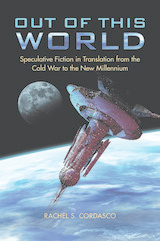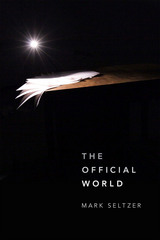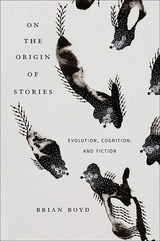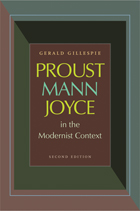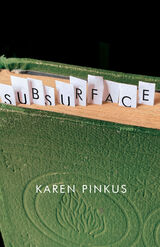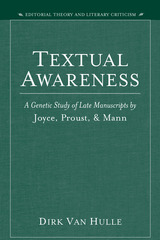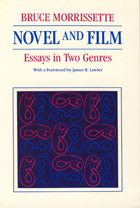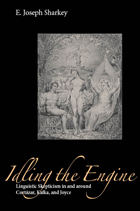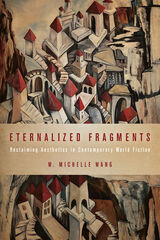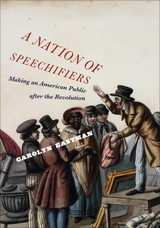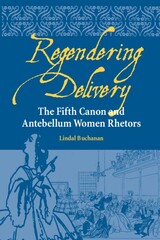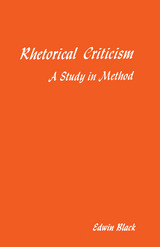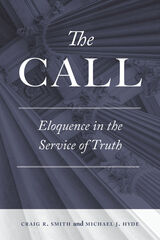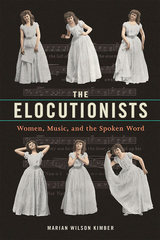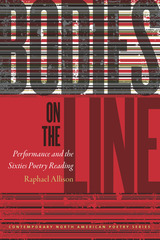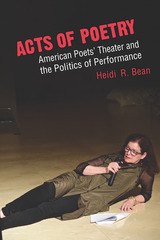The Rhetoric of Modernist Fiction: From a New Point of View
University Press of New England, 2005
Paper: 978-1-58465-500-8
Library of Congress Classification PN3503.L3785 2006
Dewey Decimal Classification 809.3
Paper: 978-1-58465-500-8
Library of Congress Classification PN3503.L3785 2006
Dewey Decimal Classification 809.3
ABOUT THIS BOOK | AUTHOR BIOGRAPHY | REVIEWS | TOC
ABOUT THIS BOOK
Though it has been one of the most influential critical works of the last fifty years, Wayne Booth’s The Rhetoric of Fiction has disappointed many readers in its treatment of modernism. Despite Booth’s astute and influential readings of earlier novels, his system shed little light on the experiments in point of view that characterize many more recent works. Despite a revision some two decades after its first publication, the book continues to strike many readers as outdated in its choices of authors and texts. In a bold updating of that seminal work, Morton P. Levitt, long-time editor of the Journal of Modern Literature, explores the rhetoric of point of view in modernist and post-modernist novels, offering new insights into some of the greatest works of the last century. As the editor of one of the most important journals in the field, Levitt has been uniquely situated to absorb and reflect critically upon the most significant scholarship on modernist fiction. In a series of subtle, persuasive readings, he demonstrates that the rejection of omniscience is one of the defining characteristics of modernist and post-modernist novels. From Joyce and Woolf to Philip Roth, Don DeLillo, and José Saramago, Levitt discusses a wide range of texts in readings that will be accessible to students and invaluable to scholars.
See other books on: 19th century | Fiction | Modernist Fiction | Rhetoric | Technique
See other titles from University Press of New England


